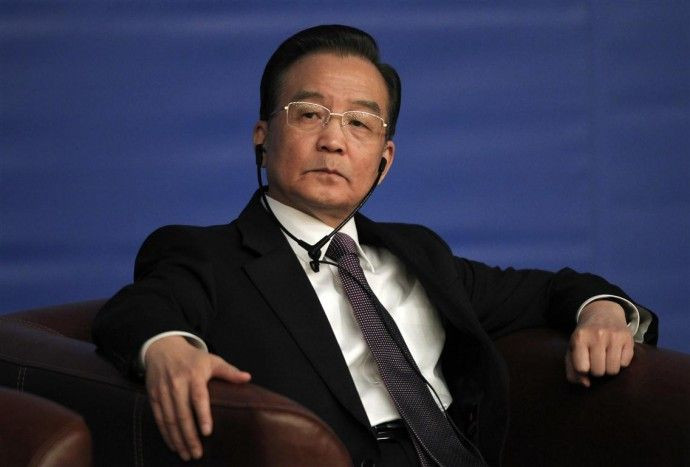Why China avoided a balance sheet recession: Koo

Why did China avoid a steep recession and bounced back relatively quickly?
The answer is its massive fiscal stimulus, according to Richard Koo, chief economist at Nomura Research Institute.
Koo, speaking at a Council on Foreign Relations (CFR) meeting, said China's fiscal stimulus -- at 17 percent of its GDP -- was four times the size of the U.S. stimulus relative to the GDP and was implemented rather quickly.
Koo is convinced that China would have had a balance sheet recession without it.
The Chinese stock market was doing poorly, house prices were falling, they were [a] perfect candidate for what I call a balance sheet recession, like the rest of us, he said.
Koo popularized the term 'balance sheet recession,' which refers a recession triggered by a colossal collapse in some asset that leaves the private sector balance sheet insolvent. As a result, the private sector cannot spend or invest but instead uses its income to pay off debt. Until that debt is repaid -- or the balance sheet is repaired -- the private sector cannot really recover.
Koo thinks when the private sector is stuck with damaged balance sheets, the government should step in and drive the recovery. He said the key is for the stimulus to be large enough and maintained until the private sector recovers.
In the United States and Japan, which are democracies, it is politically difficult to do so. However, in China, because it is a dictatorship, such policies are possible.
Koo said he is beginning to feel that maybe the Chinese think the U.S., Japan, and South Korea will cut fiscal stimulus and thus be weakened, which could feed greater Chinese military assertiveness
Email Hao Li at hao.li@ibtimes.com
© Copyright IBTimes 2025. All rights reserved.





















